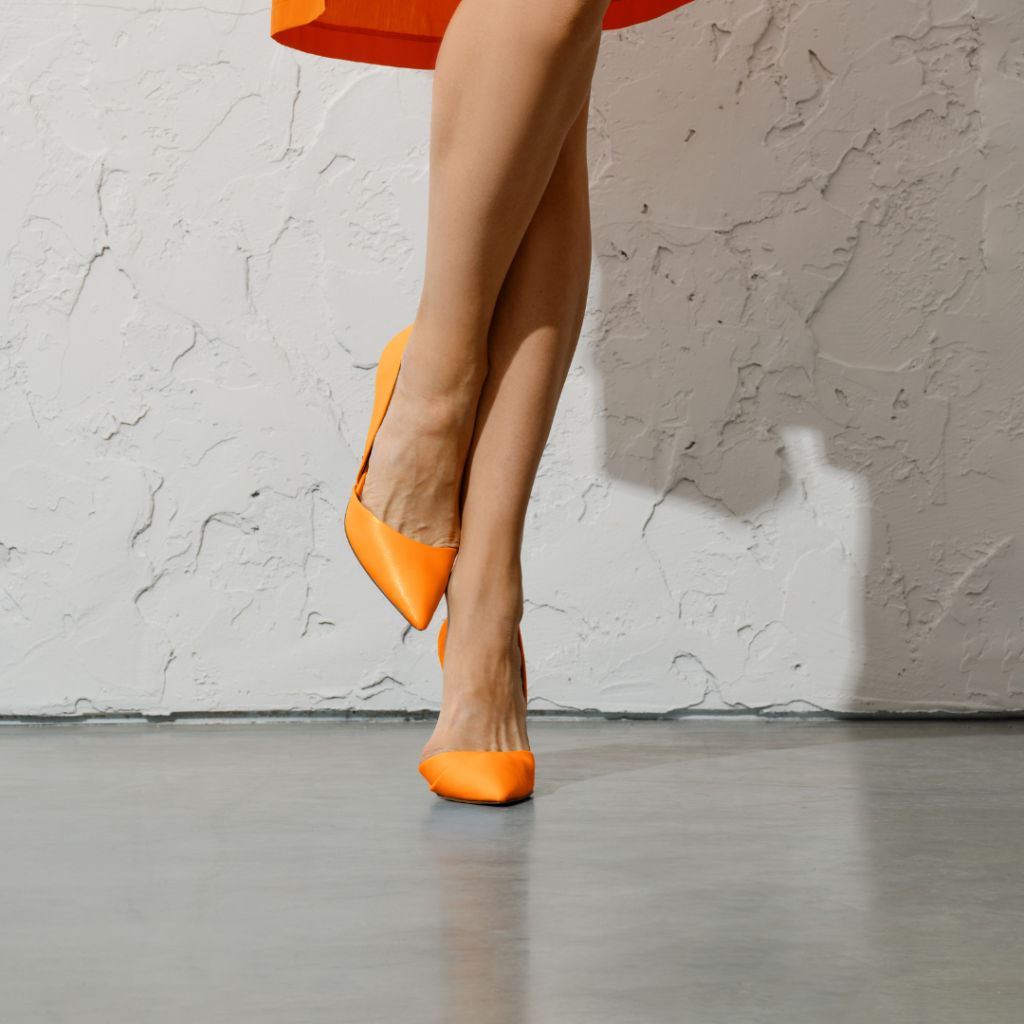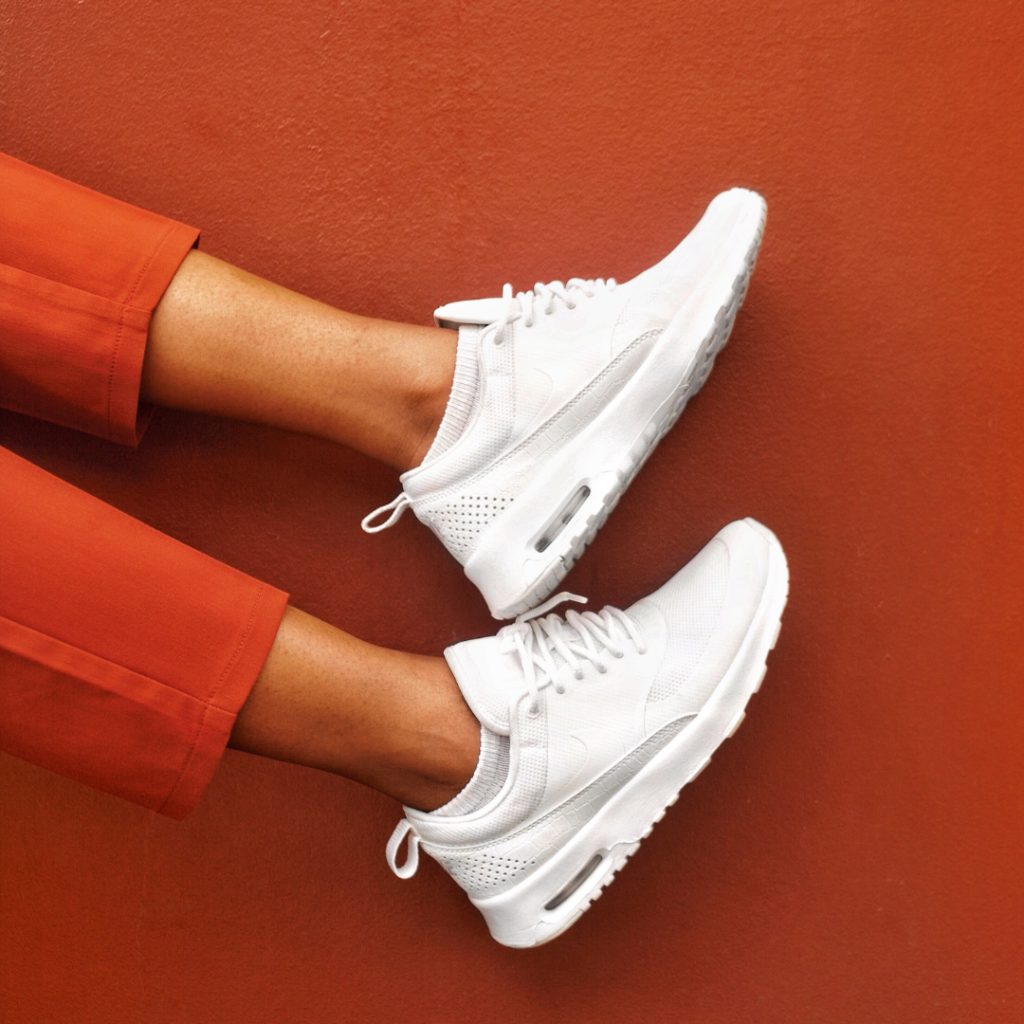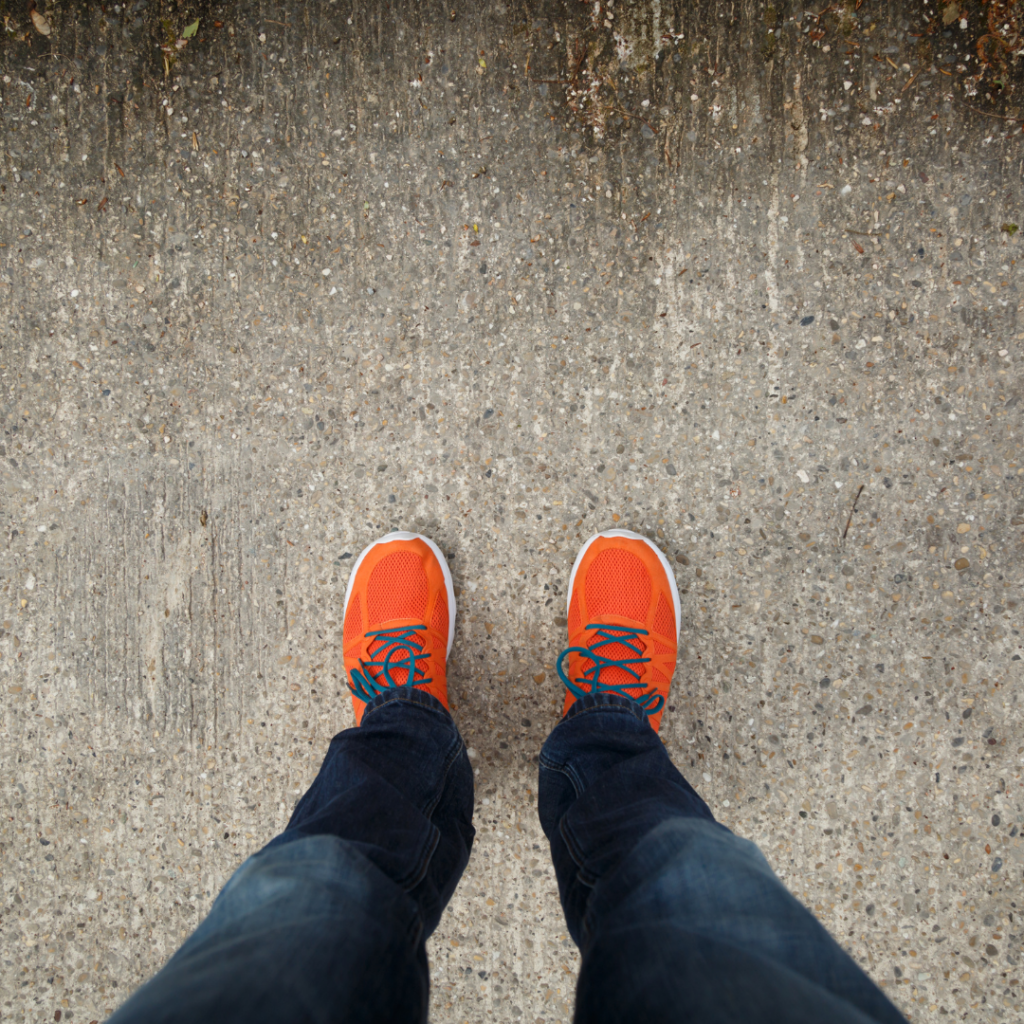
What happens to feet when shoes are worn too small? There are a host of problems that come with wearing shoes too small. There are minor, often temporary, problems when feet are crammed into a shoe size a little too snug. These problems include blisters, corns, ingrown toenails and skin irritation. Most often these minor problems can be remedied by treatment at home but if ignored, all of these minor problems can progress into infection. Problems that escalate to infection will require medical treatment.
Other adverse effects of wearing shoes not properly fitted include metatarsalgia and Morton’s Neuroma. Metatarsalgia can be defined as pain and inflammation in the ball of the foot. Metatarsalgia affects the bones connected to the ankle and the toes. Pain with this condition can range from mild to severe. Often accompanying pain, there is a burning, aching or shooting sensation in the foot. Metatarsalgia is typically diagnosed by reviewing symptoms at a physical examination. Imaging tests, like x-rays, may be used to rule out other conditions. After an official diagnosis of metatarsalgia, treatment most often starts with conservative measures, such as, ice and anti-inflammatory medications.

A third condition related to donning small footwear is Morton’s Neuroma. Morton’s Neuroma is defined as the thickening of tissue around nerves leading to the toes effecting the front-end of the foot. Most often, the tissue growth develops between the third and fourth toes. This condition is more common in women than in men. If left untreated, Morton’s Neuroma may cause permanent nerve damage.
When footwear fits properly, it allows for a higher quality of life and mobility. Proper fitting shoes keeps feet healthy and decreases stress on the ankle and knee joints. Keeping feet healthy by wearing an appropriate shoe size lessens discomfort and visits with the doctor. Healthy feet could mean a happier life.



